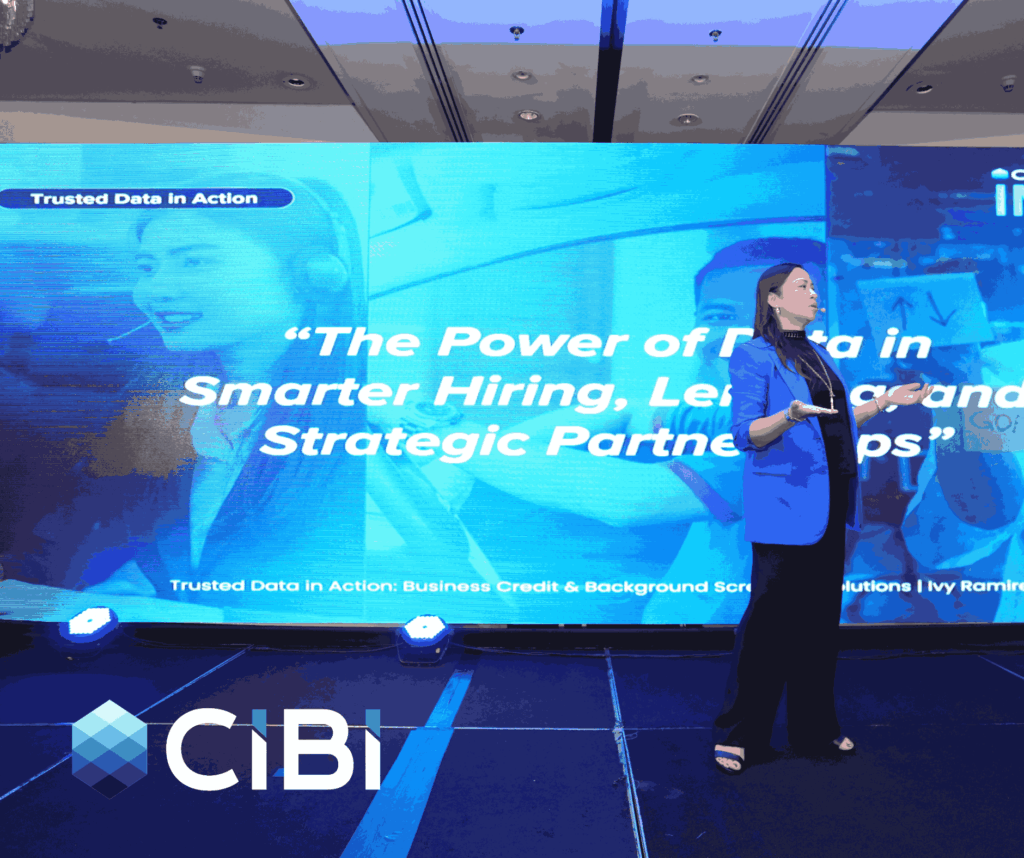The Philippine job market is in a period of optimism. According to Jobstreet’s Hiring, Compensation, and Benefits Report 2025, 44% of hirers and HR professionals expect higher job market activity in the second half of 2025 compared to 2024—signaling employer confidence and plans to expand their teams.
For businesses, the increase in hiring points to stronger demand and growth opportunities—with new roles to fill, markets to explore, and a workforce ready to contribute. However, with rapid hiring comes greater risk. When companies give less attention to applicant screening, it increases the chances of fraudulent applications slipping through the hiring process.
These risks are far from rare. A global study by the Association of Certified Fraud Examiners (ACFE) shows that organizations lose an estimated 5% of annual revenue to fraud. In a fast-moving labor market like the Philippines, losses like these increase costs and disrupt daily operations.
“While the job market in the Philippines continues to thrive, so does the risk of encountering fraudulent applications. Falsifying credentials is a deception that directly affects a business,” says Ivy Ramirez, CIBI’s vice president for Service and Industrials (S&I). “Beyond immediate financial losses, fraudulent activity can undermine productivity, erode workplace trust, and damage a company’s reputation. Proactive verification is an essential step to protect both businesses and the integrity of the workforce.”

The Rise of Fraudulent Risks
Fraudulent applications are becoming a critical concern in today’s job market. Pressures such as economic uncertainty, rising competition, and the wide availability of online tools have made it easier for candidates to exaggerate or misstate their qualifications. Fraudulent applicants falsify educational credentials, exaggerate experience, invent skills, or manipulate identities to gain an advantage.
While these acts may seem minor at first glance, the impact on businesses is significant. Companies risk hiring underqualified employees, which can lead to productivity setbacks, wasted recruitment investments, compliance issues, and even reputational damage if third parties are affected.
Demand for Robust Safeguards
These risks highlight the need for stronger and more proactive safeguards in the hiring process. Traditional background checks and interviews alone no longer suffice as validation for applicant information, especially at scale. Employers require more reliable ways to ensure that new hires truly possess the qualifications and integrity their applications suggest.
Beyond protecting businesses, stronger verification systems also safeguard honest candidates who may otherwise be disadvantaged in a hiring market clouded by fraudulent claims. Fair and transparent recruitment processes level the playing field and strengthen the confidence between employers and employees.
Pia Arellano, the president and CEO of CIBI, emphasized, “Growth is important, but it must go hand in hand with integrity. By embedding proactive verification into hiring, businesses protect themselves, their people, and ultimately the strength of the country’s labor market. Integrity in hiring is more than just a business process; it’s a public service.”
As the Philippines’ leading credit and information bureau, CIBI Information Inc. offers robust background verification services designed to address the evolving challenges posed by fraudulent applications. Its solutions cover everything from employment history validation to identity verification and certification checks, giving businesses the security that their hiring decisions are based on verified data.
By adopting trusted verification systems like the CIBI Workforce Solutions, businesses can strengthen their hiring foundations—protecting investments, reducing risks, and ensuring they bring in the right talent. Taking proactive measures ahead of the optimistic job market outlook allows companies to position themselves to fully capitalize on growth opportunities while building a workforce grounded in transparency, fairness, and resilience.


